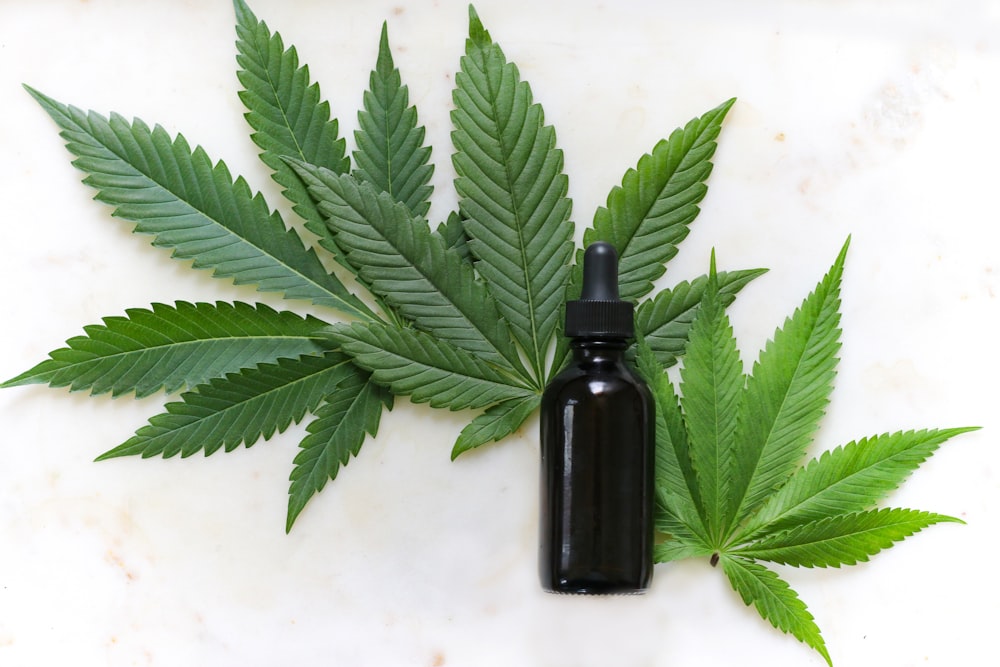Inhibits Viral Replication In Lung Epithelial Cells
Several cationic amphipathic drugs have shown inhibitory effects on viral replication in vitro. We investigated the effect of cannabidiol (CBD) on SARS-CoV-2 infection. Firstly, we tested the ability of CBD to inhibit viral replication in A549-MHVR, a cell line expressing the MHV receptor. CBD did not affect viral entry or protease activity, but did inhibit viral replication.
CBD inhibited viral replication in vivo by reducing viral titers in nasal turbinates at day five after infection. CBD treatment inhibited viral titers in lungs by 40 and 4.8-fold, respectively, at lower doses. CBD treatment induced strong activation of genes associated with the host stress response. However, CBDV treatment did not reverse the transcriptional changes induced by SARS-CoV-2.
The antiviral properties of CBD are attributed to the activation of IRE1a RNase activity, which initiates productive splicing of the XBP1 mRNA. CBD inhibits viral entry by preventing the viral proteases from processing the spike protein.
Suppresses Viral Entry To Host Cells
Despite its widespread availability, little is known about the antiviral properties of cannabidiol (CBD). Several studies have shown that it is a potent inhibitor of viral replication in vitro, but its antiviral properties are unclear in vivo.
The antiviral effects of CBD are likely mediated by activation of the interferon signaling pathway. Among the earliest innate immune responses to pathogens, the interferon signaling pathway promotes the degradation of viral RNA and changes host gene expression. In turn, these changes inhibit viral replication.
To investigate the mechanism of CBD’s antiviral activity, we manipulated the gene expression of a receptor protein, ACE2, in A549-MHVR cells. A549-ACE2 cells were infected with a SARS-CoV-2 spike pseudovirus at an MOI of 0.5 for 72 hours. The resulting gene expression of ACE2 was compared to the expression levels in untreated samples by one-way ANOVA.
Promotes Degradation Of Viral RNA
Despite its therapeutic potential, there is still considerable uncertainty as to whether CBD can actually reverse SARS-CoV-2 transcription changes. In this article, we review the potential antiviral properties of CBD and demonstrate that it is indeed a potent inhibitor of SARS-CoV-2 infection in vitro. We show that CBD promotes the degradation of viral RNA in host cells and that it can act as an antiviral agent at the early stages of infection.
To assess the antiviral properties of CBD, we measured its effects on viral replication and transcriptional changes in A549 lung alveolar cells and Vero E6 monkey kidney epithelial cells. We compared CBD’s effects to those of the cannabis plant’s active metabolite, 7-OH-CBD. We found that CBD promotes the degradation of viral elongated RNA and that it is effective at inhibiting the replication of SARS-CoV-2, even under non-toxic conditions.
Protects The Host Against An Overactive Immune System
Having a low dosage of CBD in a dose-controlled fashion suppresses viral replication in A549 cells and Vero E6 monkey kidney epithelial cells. CBD also reverses viral inhibition of genes associated with neutrophils. Aside from being a cannabinoid, CBD is also a potent anti-inflammatory agent. CBD also has the ability to reverse epithelial mucosal damage induced by a number of stimuli. It is thought to work through a mechanism involving binding to the cannabinoid receptor (CB1), which in turn inhibits the process of viral protein translation.
The CBD molecule is able to suppress SARS-CoV-2 replication in cells, in part by upregulating IRE1a RNase. This is accompanied by a reduced viral titer. It also reverses the viral inhibition of genes associated with ribosomes. CBD also has a role in the signaling pathway that is one of the earliest innate immune responses to pathogens. It has the potential to be a valuable drug for SARS-CoV-2 infection.
Pharmacological Effects
Several pharmacological effects of nature’s chemistry are considered to be significant therapeutic effects, including analgesia, appetite stimulation, and inhibition of cancer cell metastasis. However, the targets involved in these effects are elusive.
In the present review, the pharmacological effects of Cannabis are examined. These include the analgesic effects of CBD, the anti-cancer effects of dronabinol, and the analgesic effects of nabiximols.
Cannabis is a natural product containing chemicals that activate specific receptors in the human body. These receptors are predominantly presynaptic and modulate neurotransmitter release. It is also believed to inhibit the release of glutamate, acetylcholine, and serotonin. These receptors also indirectly affect opioid receptors.
CBD may activate transient receptor potential vanilloid type 2 (TRPV2). The receptors may increase the uptake of cytotoxic agents into cancer cells. Moreover, CBD may have an anti-inflammatory effect. These effects may be due to inhibition of adenylate-cyclase and activation of cellular uptake processes.







